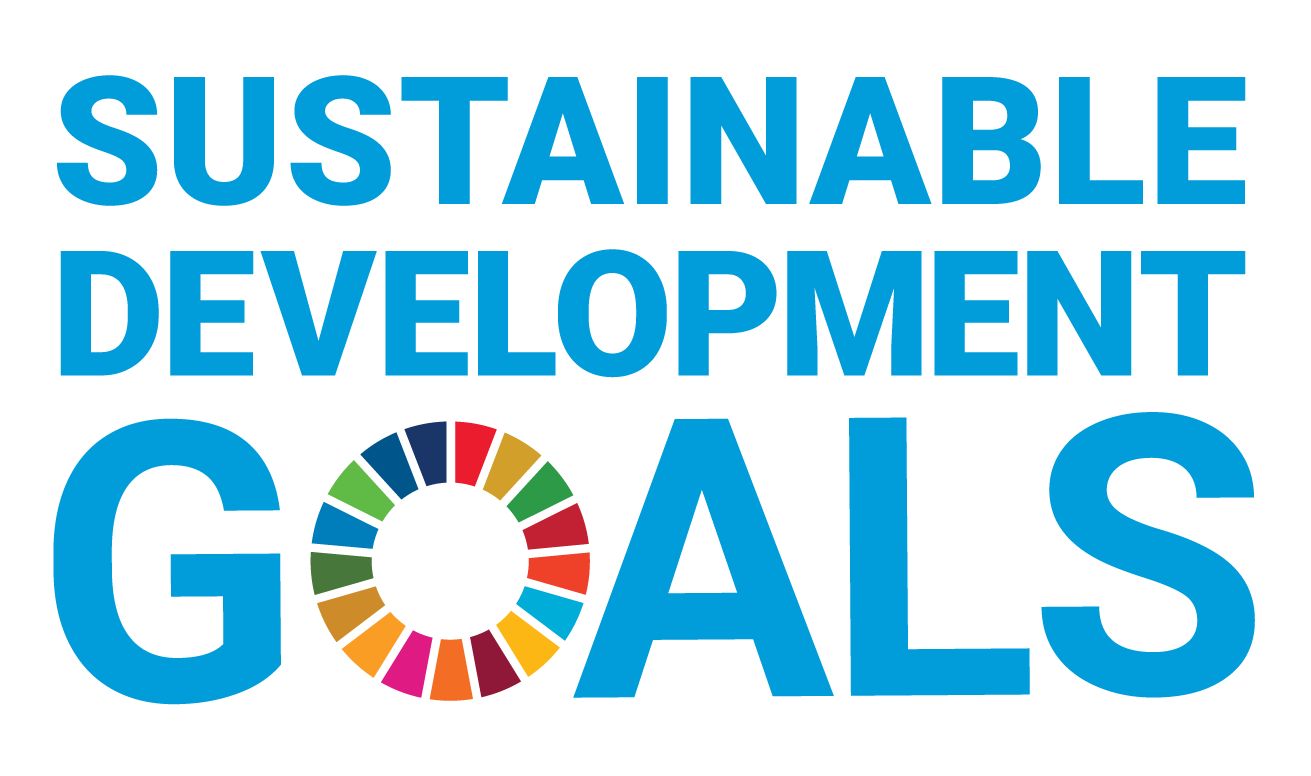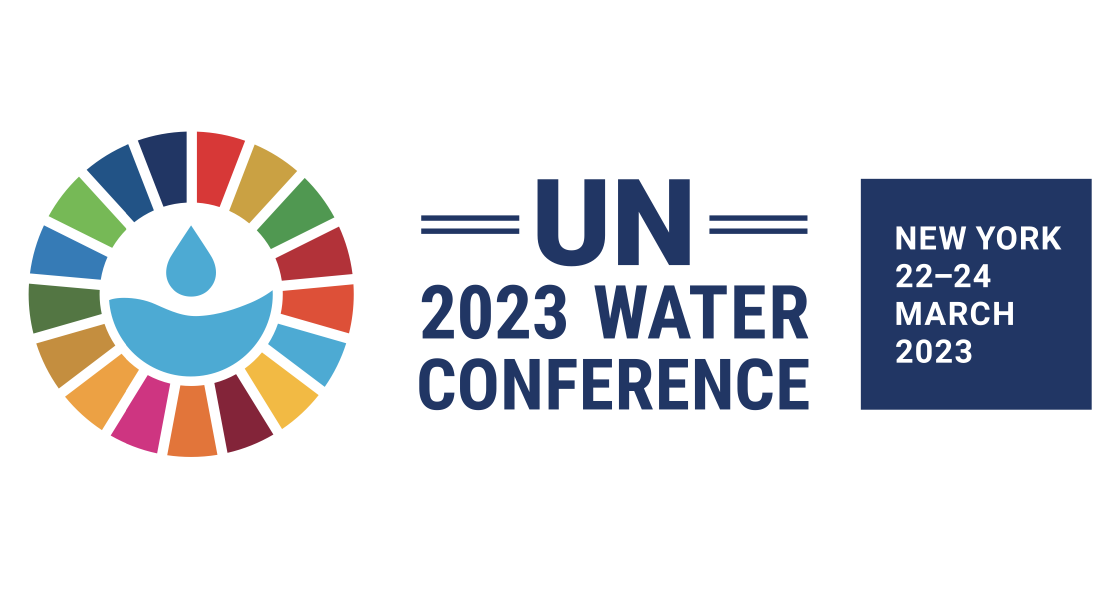

“There are an estimated 476 million indigenous peoples in the world, living across 90 countries. They speak an overwhelming majority of the world’s estimated 7,000 languages and represent 5,000 different cultures.” –
United Nations Academic Impact “Building Resilient Communities through Indigenous Consultation”
Increasingly, the Global Community is recognising that Indigenous Peoples around the world have a significant voice
and contribution to make when we are talking about the future of the planet and sustainable ecology.
“As Earth’s original stewards, the lives of Indigenous peoples are rooted in sustainable development processes. From the early trade relations between Indigenous peoples in what is now Canada and the Hudson Bay Company, to the Yanomami peoples of the Amazon using forest plants to manufacture
their own farming and fishing equipment, Indigenous peoples have always had savvy ways of producing while respecting their resources.” – United Nations
Academic Impact “Sustainability Inherent to Indigenous Political Ecology”
ISJC and the United Nations
UN Permanent Forum on Indigenous Issues
From April 17-28, 2023, the UN Indigenous Forum brought together Indigenous peoples and representatives from various parts of the world to engage in discussions and share their perspectives on matters impacting their communities. This year’s theme was “Indigenous Peoples, human health, planetary and territorial health and climate change: a rights-based approach”.
UN Water Conference
From March 22-24, 2023, the UN Water Conference brought together experts, policymakers, and stakeholders from various parts of the world to engage in discussions and share their knowledge and experiences on water-related issues. The conference aimed to promote sustainable and equitable management of water resources, and to address the challenges of water scarcity, pollution, and climate change.
Modern Slavery & Human Trafficking Response
2022 International Modern Slavery and Human Trafficking Response Annual Report
This quarter the 2022 International Modern Slavery and Human Trafficking Response Annual Report “Greater Depths” was launched. In 2021, 50 million people were living in modern slavery globally. This report highlights the ongoing efforts by The Salvation Army to respond to the prevalence of modern slavery and human trafficking around the world.
Read it here: https://tinyurl.com/SAMSHTRGreaterDepths
Research/Resource Highlight
Where There’s A Need
The Salvation Army has long been committed to serving others, wherever there is a need. The Sustainable Development Goals are based on a shared vision of what world leaders want the world to be like in the future – a future that is secure, sustainable, and based on equality of all peoples both between nations and within nations. The fact that world leaders agreed on a set of Sustainable Development Goals reflecting values that The Salvation Army has promoted for 150 years is something to be welcomed – especially as it can result in positive change for the poorest and most vulnerable people. “Where There is A Need” highlights The Salvation Army’s relationship with these goals and continues to be updated.
Read it here: https://salvationarmy.org/isjc/where_there_s_a_need
Snapshots | UN Permanent Forum on Indigenous Issues
Things to Pray For
 May the voices amplified through the Permanent Forum on Indigenous Issues, resonate far & wide, reaching those in the highest offices. We ask that policymakers recognize the wisdom of Indigenous voices in shaping policy, & that their contributions are fully honoured.
May the voices amplified through the Permanent Forum on Indigenous Issues, resonate far & wide, reaching those in the highest offices. We ask that policymakers recognize the wisdom of Indigenous voices in shaping policy, & that their contributions are fully honoured. We pray for an end to modern slavery & human trafficking. Bring freedom to those trapped in systems of exploitation & strength to those in the fight against it. Help us be agents of change, working to protect the vulnerable & create a world where every person is valued.
We pray for an end to modern slavery & human trafficking. Bring freedom to those trapped in systems of exploitation & strength to those in the fight against it. Help us be agents of change, working to protect the vulnerable & create a world where every person is valued. We pray for the mission of the Sustainable Development Goals. May we, as a global community, work towards ending poverty, protecting the planet, & ensuring prosperity for all. Help us be good stewards of your creation & act with wisdom & compassion towards others.
We pray for the mission of the Sustainable Development Goals. May we, as a global community, work towards ending poverty, protecting the planet, & ensuring prosperity for all. Help us be good stewards of your creation & act with wisdom & compassion towards others. We pray the discussions from the UN Water Conference will lead to effective & sustainable solutions to promote access to clean water & sanitation for all. Bless the attendees & grant them the determination to make a positive impact in the world.
We pray the discussions from the UN Water Conference will lead to effective & sustainable solutions to promote access to clean water & sanitation for all. Bless the attendees & grant them the determination to make a positive impact in the world.






